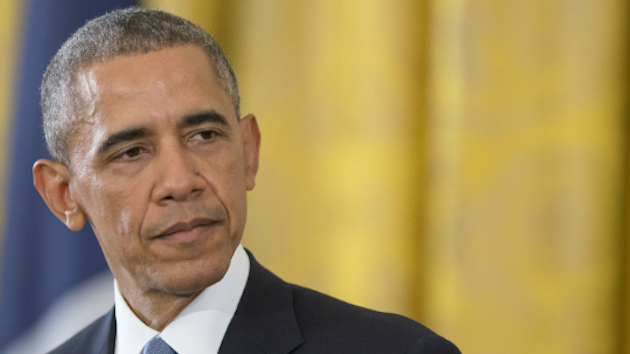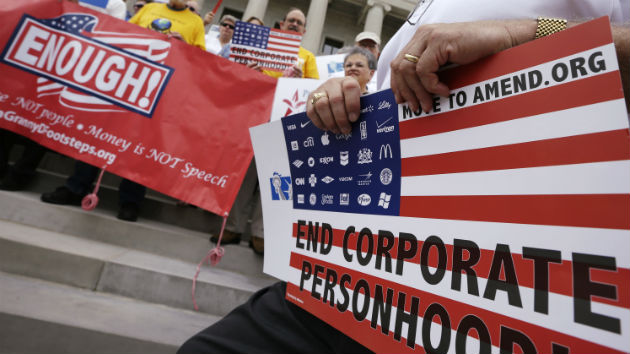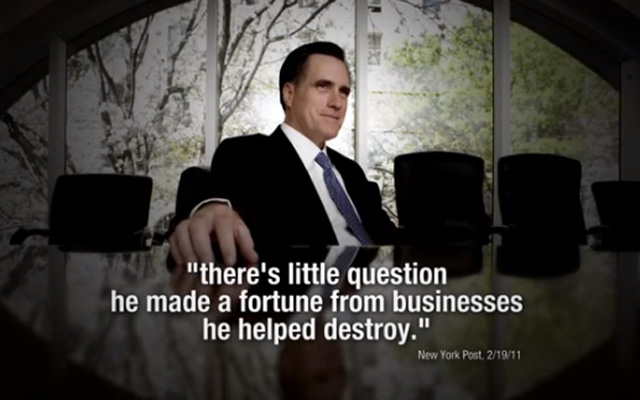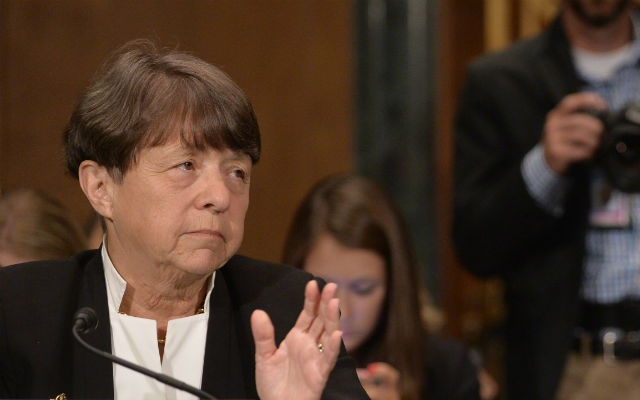
Rex Features/AP
President Barack Obama has been a vocal critic of the unraveling of campaign finance regulations by conservatives in government. But on Tuesday, a group led by several prominent liberals assailed the president’s record on the issue, arguing that he has done little to address the situation and has, in several key areas, made things worse.
Rootstrikers, a nonprofit that advocates for campaign finance reform, released a report Tuesday morning criticizing Obama’s record. The group is ostensibly nonpartisan, but was founded by former Democratic presidential candidate Lawrence Lessig and Howard Dean’s former campaign manager, Joe Trippi. The report notes Obama’s history of criticizing the Citizens United Supreme Court decision, which ushered in the current era of unlimited political donations, including his State of the Union speech that called out of the conservative justices who issued the ruling. But it faults him on eight specific points where he has either failed to act or actively helped unwind campaign finance regulations further.
Kurt Walters, campaign manager for Rootstrikers, said Obama will have a legacy of failure on campaign finance, and it will be his own fault.
“It’s cynical even by Washington, DC, standards,” Walters said in a statement to Mother Jones. “Obama has said for six years that he’s outraged at Citizens United but still hasn’t bothered to do anything combating the decision’s effects.”
The eight strikes against Obama’s record, according to Rootstrikers, are:
- He has not issued an executive order requiring federal contractors to disclose their political contributions, a change that activists have clamored for in recent years.
- Obama’s appointee for chairwoman of the Securities and Exchange Commission, Mary Jo White, killed a proposal to issue a rule requiring publicly traded companies to disclose their political contributions.
- Obama’s appointee for chairman of the Federal Communications Commission, Tom Wheeler, stated that forcing further disclosure of who pays for political ads was “not a priority”.
- Despite claims from conservatives that Obama has used the IRS to persecute activists on the right, Obama’s appointee for IRS director has delayed implementation of rules clarifying the role that politically active nonprofits can play in elections.
- With the FEC completely deadlocked, Obama could appoint new members to replace the five commissioners (of a total six positions) whose terms have expired. While there are supposed to be three Democratic and three Republican commissioners, campaign reform activists have long asked Obama to select commissioners who will work across the aisle.
- Obama broke at least three campaign promises related to campaign finance: He has not advocated for public financing, has allowed associates to fundraise for super-PACs, and has allowed corporate contributions to his second inaugural committee.
- He signed multiple pieces of legislation that removed campaign finance regulations, including the 2014 “Cromnibus” spending legislation, which had provisions to raise the limits on the amount big donors could give to political parties, and legislation to do away with public financing of presidential conventions.
- He has dodged questions from the press about dark money.
The report is part of a larger campaign by Rootstrikers, including the creation of the website presidentobamaslegacy.org, which features a petition to the White House that has collected more than 102,000 signatures.
A full copy of the report can be found here.
















